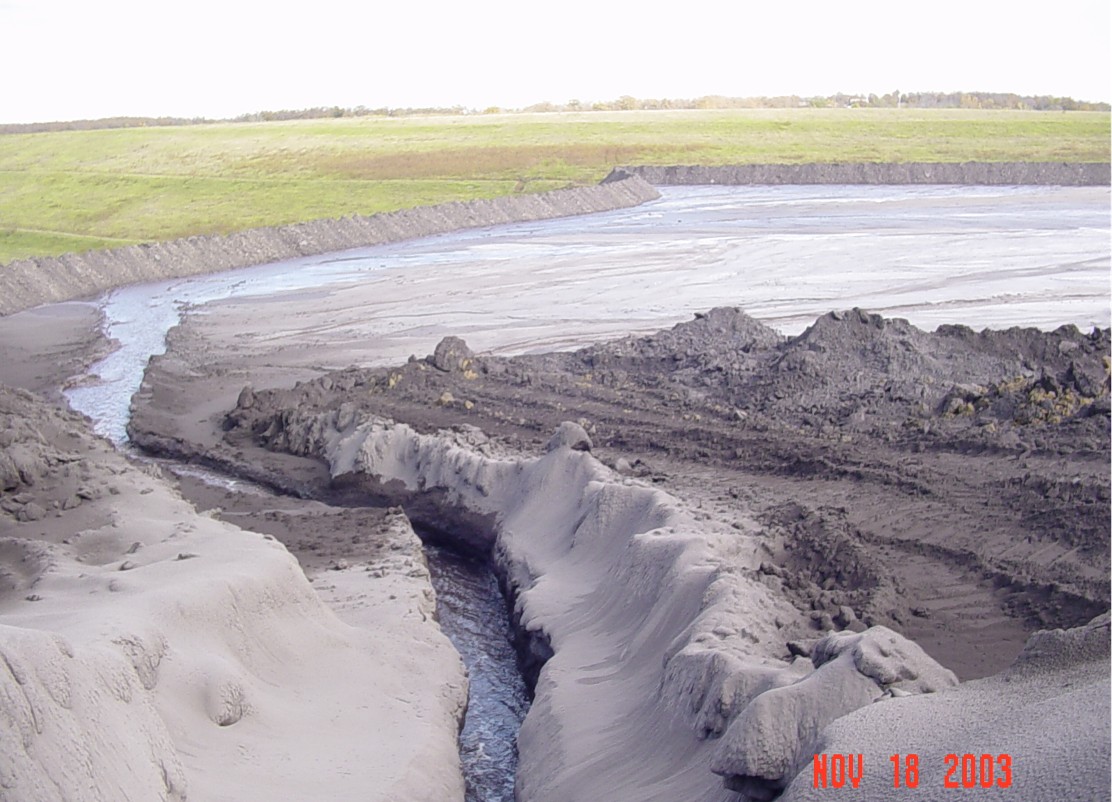
- Details
- By Jenna Kunze
The Biden administration broke the mold last week when it recognized tribal sovereignty in its allocation of money, under the new bipartisan Infrastructure Law, to 22 states plus the Navajo Nation and potentially tribal lands in Oklahoma.
Last Tuesday, the Department of the Interior (DOI) announced it would be spending close to $725 million over the next decade and a half to restimulate old mining communities across the United States. The money will go to the states and lands most impacted by abandoned coal mines to hire local, former coal industry workers who will then conduct environmental cleanup work and eventually create recreational facilities, renewable energy facilities, or other economic development opportunities in so-called Abandoned Mine Lands (AML).
“AML funding will enable states to remediate abandoned mines that are leaking methane – a key contributor to climate change,” DOI’s press release said.
Want more Native News? Get the free daily newsletter today.
The states and tribal lands were selected by the Interior based on the number of tons of coal historically produced in each jurisdiction before August 3, 1977, when the Surface Mining Control and Reclamation Act passed, regulating the environmental effects of coal mining.
The law regulates the environmental effects of coal mining in the United States in two programs: one for regulating active coal mines, and another for reclaiming abandoned mine lands.
Based on the DOI’s calculations, the states of Pennsylvania and West Virginia are eligible for the largest amount of funding, at almost $250 million and $140 million respectively.
Navajo Nation received its own line item for $1.7 million to reclaim the four abandoned coal mines on its sprawling territory that straddles parts of Arizona, New Mexico, and Utah.
Navajo Nation President Jonathon Nez said in a statement that the funding set a new bar for Nation-to-Nation relationships with the White House.
“The fact that the Navajo Nation will receive funding along with other states sets precedence and demonstrates that we are viewed by the Biden-Harris Administration as a sovereign entity,” Nez wrote. “Historically, the Navajo Nation's economy was largely dependent on natural resources. Since the closures of the coal mines, many Navajo families lost high-paying jobs, and surrounding communities were plagued with high unemployment rates. President Biden's Bipartisan Infrastructure Law will help revitalize our local economies and families, and most importantly, address environmental impacts.”
Also notable in the Department of the Interior’s announcement was its nod to the Supreme Court McGirt decision, which according to their press release precluded the state of Oklahoma from receiving any of the $3.5 million allocated for the area in the bill.
A spokesperson for the DOI told Native News Online that the abandoned mine lands within the state of Oklahoma are on tribal lands and therefore the state is ineligible to receive the bills’ funding.
The Cherokee Nation— located near Tahlequah, Oklahoma— is seeking consultation with the Department of the Interior to access federal funding under this initiative, the tribe’s Secretary of Natural Resources told Native News Online.
Separately, Cherokee Nation completed a reclamation project last year of an abandoned coal strip mine in Porum, Oklahoma, supported by federal funding. The tribe partnered with the Department of the Interior’s Office of Surface Mining Control and Recommendation (SMCRA), and the Oklahoma Conservation Commission’s Abandoned Mines Program.
“The Cherokee Nation applauds the Department of [the] Interior’s commitment to funding reclamation of abandoned mine sites across the country and within the Cherokee Nation Reservation,” Cherokee Nation Principal Chief Chuck Hoskin Jr. said in a statement to Native News Online. “Presently, all abandoned coal mines subject to reclamation in Oklahoma are within tribal reservations, and the federal funding will be allocated to reclaim these sites with tribal input. We look forward to working with the Department of the Interior on these projects.”
More Stories Like This
Gwich'in Tribal Governments Submit Comments Challenging Fish and Wildlife Service's Inadequate Environmental Review of Arctic Refuge Snow RoadRappahannock Tribe Challenges 9M-Gallon Water Plan
Feds release draft long-term plans for Colorado River management
Apache Leader Walks 60 Miles to Court Hearing That Will Decide Fate of Sacred Oak Flat
Rappahannock Tribe Raises Sovereignty and Environmental Concerns Over Caroline County Water Permit
Help us defend tribal sovereignty.
At Native News Online, our mission is rooted in telling the stories that strengthen sovereignty and uplift Indigenous voices — not just at year’s end, but every single day.
Because of your generosity last year, we were able to keep our reporters on the ground in tribal communities, at national gatherings and in the halls of Congress — covering the issues that matter most to Indian Country: sovereignty, culture, education, health and economic opportunity.
That support sustained us through a tough year in 2025. Now, as we look to the year ahead, we need your help right now to ensure warrior journalism remains strong — reporting that defends tribal sovereignty, amplifies Native truth, and holds power accountable.
 The stakes couldn't be higher. Your support keeps Native voices heard, Native stories told and Native sovereignty defended.
The stakes couldn't be higher. Your support keeps Native voices heard, Native stories told and Native sovereignty defended.
Stand with Warrior Journalism today.
Levi Rickert (Potawatomi), Editor & Publisher

